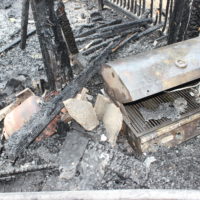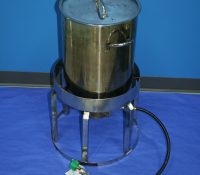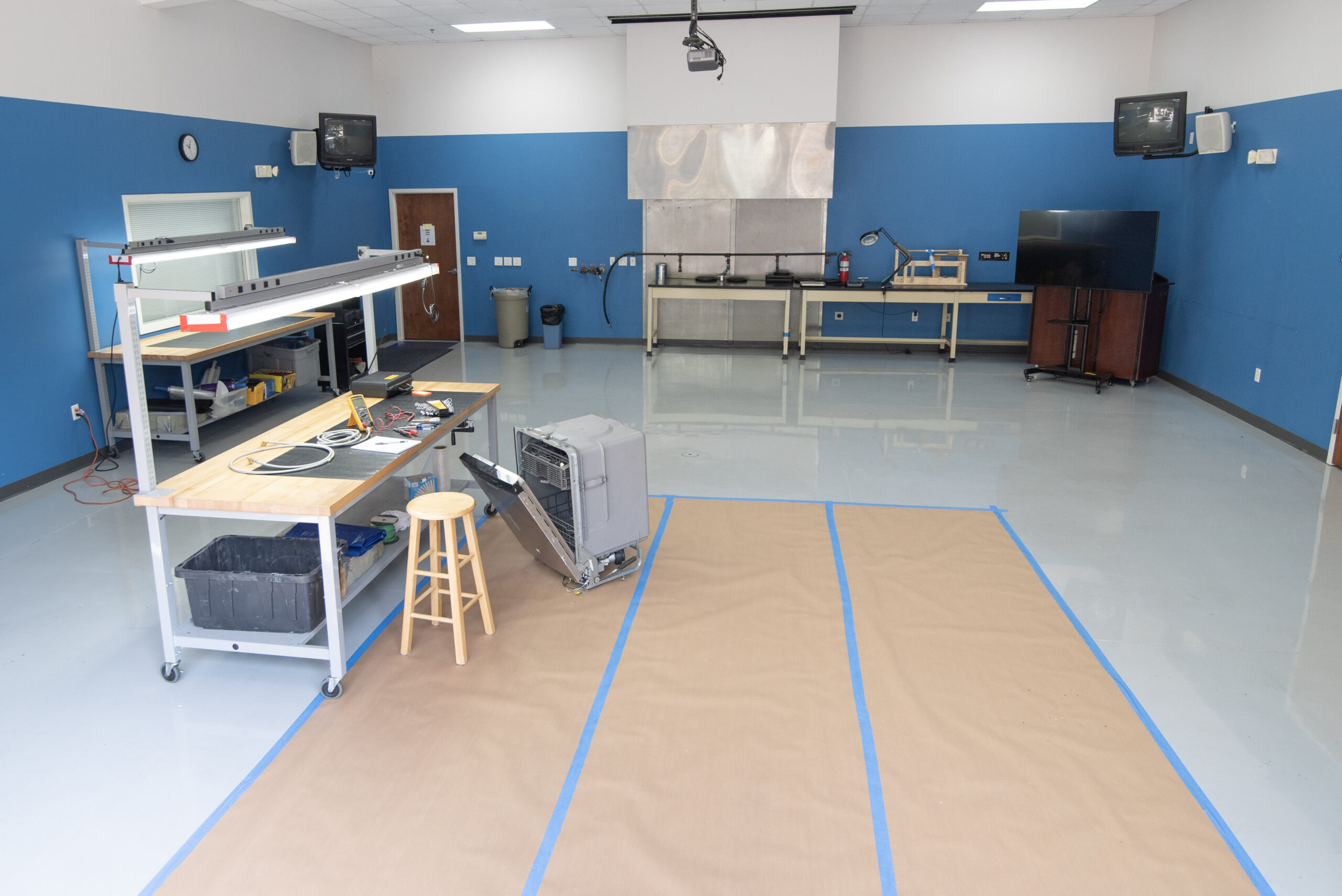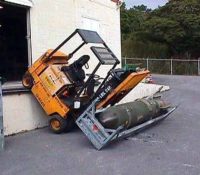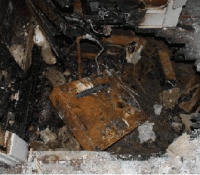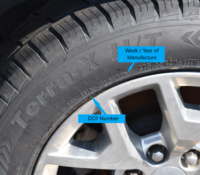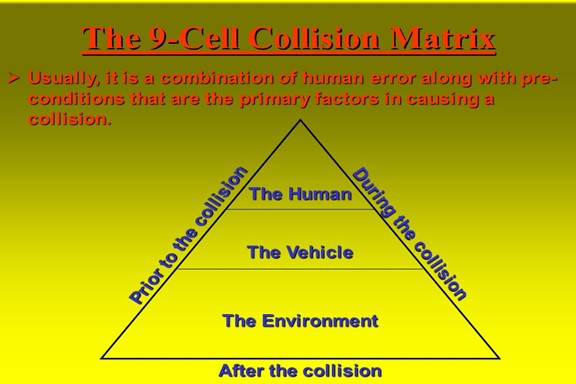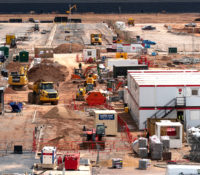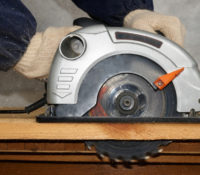Water Removal In Windows and Doors – Part 1: Weep Holes
In architecture, the word fenestration is used to encompass the windows and doors in a building. During my twelve-year career as a design engineer in the fenestration industry, water infiltration resistance (I.E., stopping leaks) consumed almost as much time in the test lab as pressure or impact testing. During the life of typical exterior fenestration products, every driven rain is a test of the product’s water evacuation system. Most windows and doors handle water without much homeowner input, but poor, clogged or covered water drainage systems can allow moisture into the structure, where damage to flooring, walls, and molding may occur. Poor water infiltration resistance also increases the humidity in a living space. Read More


